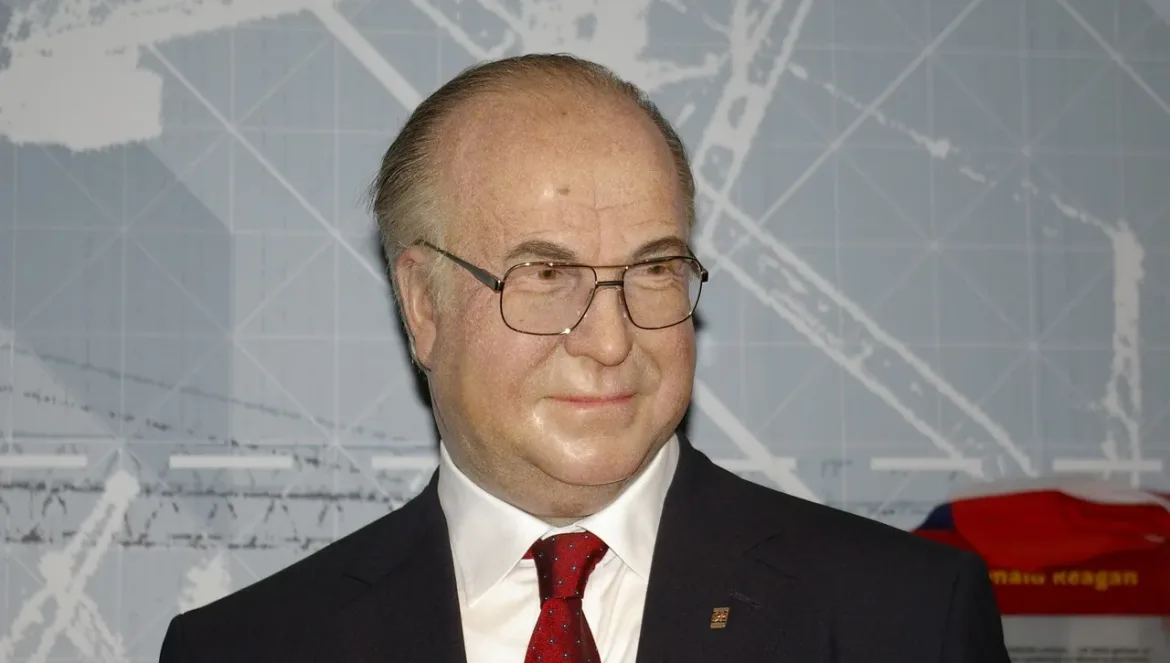PRAGUE - A new revelation from the archives of former German Chancellor Helmut Kohl reveals that before releasing some documents from the early 1990s, he deliberately had statements he made that would later prove controversial removed.
According to the investigative reporting of the German weekly Der Spiegel, these adjustments also affected his views on key political figures and events of the time, including former Czechoslovak and Czech President Václav Havel and the issue of NATO's eastward expansion.
According to the weekly, which has examined previously unpublished archival material, Helmut Kohl, one of the main architects of German reunification, carefully controlled the content of documents that were to be made available to the public. Among the passages removed were statements he made that could damage his political legacy or cause diplomatic embarrassment. One such example was his unflattering comment about Václav Havel, an iconic figure of the Velvet Revolution and the first president of Czechoslovakia and later the Czech Republic.
Kohl reportedly said Havel "does not understand politics" and should only act as a "transitional figure" in it.
This view, formulated during discussions in the early 1990s, when Central and Eastern Europe was adapting to new democratic conditions, contrasts with Havel's international recognition as a moral authority and visionary who promoted the values of freedom and human rights.
Another important redacted passage was Kohl's position on the possible eastward expansion of NATO. According to the declassified documents, Kohl considered that the North Atlantic Alliance could promise the Soviet Union (later Russia) not to expand into the former Warsaw Pact countries. But this proposal, which was intended to reassure Moscow in the geopolitical changes of the post-Cold War era, never materialized. Instead, in the following years NATO admitted countries such as Poland, Hungary and the Czech Republic (1999), which later caused tensions in relations with Russia. Kohl's decision to delete these considerations from the documents suggests that he was aware of their potential controversy, especially in the context of later developments in international relations.
Kohl's approach to archives is not unique. Many politicians try to influence how history will perceive them, and redacting sensitive documents is a common practice. In Kohl's case, however, Der Spiegel's revelations come at a time when Germany and Europe are grappling with new challenges such as the energy crisis, geopolitical tensions with Russia and debates over the future of NATO. These archival findings thus not only revive the debate about the Kohl era, but also stimulate reflection on how the political decisions of the 1990s translate into the present.
gnews.cz



